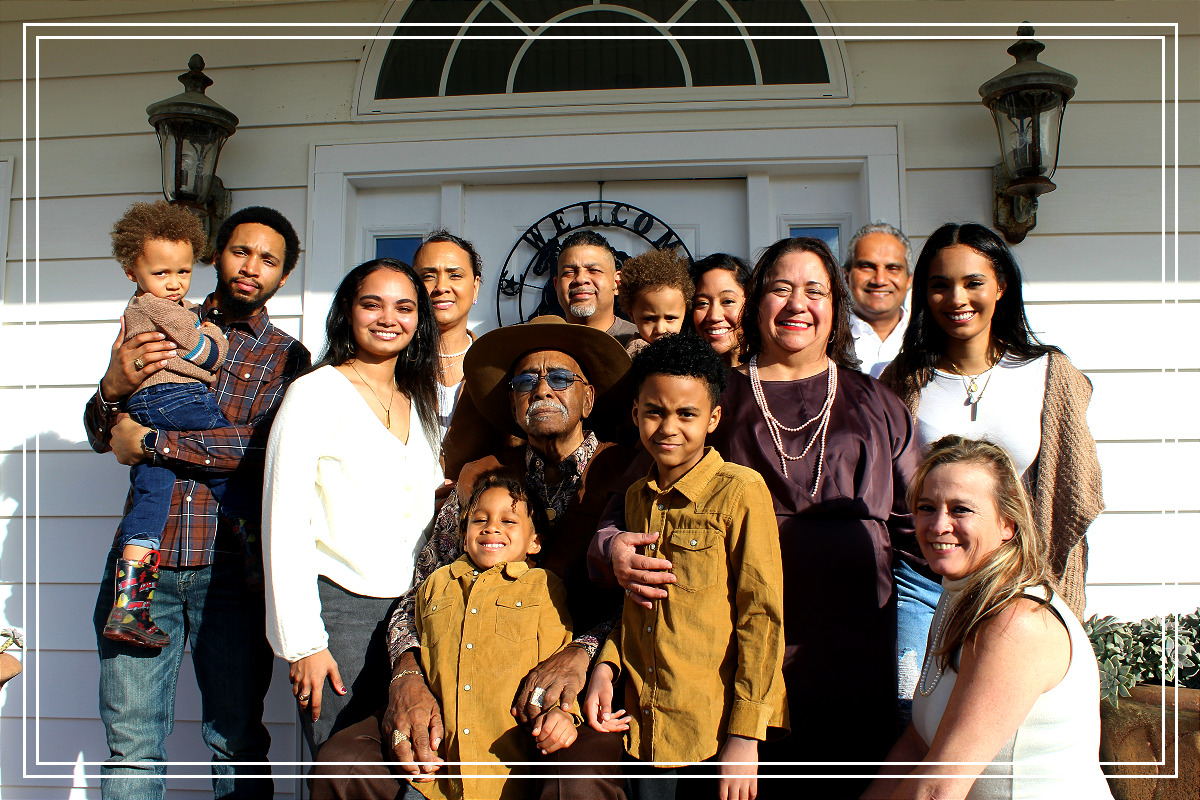
Family is an integral part of who we are. Our experiences with family help shape how we see, feel, and think about ourselves and the world. Maybe you remember all the times family members said you have your great-uncle’s eyes or you are just like your grandmother in all her anxious angst. Our similarities to our relatives are more than physical characteristics, but also our attitudes, beliefs, and emotions. Therefore, the experiences of your family trickle down to you as intergenerational trauma where the pains of the past go unaddressed and unresolved.
What Is Intergenerational Trauma?
According to an article from the International Journal of Environmental Research and Public Health, intergenerational trauma can be defined as the transmission of adverse childhood experiences (ACE) that impacts behavior patterns that are past down. The adverse experiences a person has in their childhood can harm family functioning, parenting ability, and parent-child relationships among others. Therefore, the childhood traumas your grandparents experienced would manifest in different disorders like mood, anxiety, and substance use disorder (SUD). Moreover, the ramifications of that trauma can be seen in a family history of self-medicating with substances or emotional regulation difficulties.
In addition, intergenerational trauma can be seen not only in ACE but in adverse family experiences (AFE) as well.
Risk and Co-Occurring Factors for Intergenerational Trauma
According to a book on the intergenerational cycle of trauma from the Child Welfare Information Gateway, there are numerous risk and co-occurring factors for intergenerational trauma. These generational factors play an important role in the beliefs and choices that shape our lives, as the generational process of experience helps shape your identity well beyond the lifetimes of your family.
Listed below are some of the risk and co-occurring factors for intergenerational trauma:
- Co-occurring characteristics:
- Substance use
- Mental health disorders
- Early parenting
- Family circumstances:
- Intimate partner violence
- Parenting skills
- Family structure
- Societal factors:
- Oppression
- Intergenerational poverty
- Underserved neighborhoods
At The Guest House, we know the cycle of intergenerational trauma further diminishes your access to healthy coping mechanisms to manage life stressors. Therefore, when you lack the necessary tools to cope with and reflect on your experiences, it increases self-defeating and destructive behaviors like:
- Substance use
- Difficulties with emotional regulation
- increased emotional and mental distress
- Poor self-care
However, you do not have to continue the cycle of unhealthy responses to intergenerational trauma. With trauma-specific care, you can develop skills to process the echos of trauma in your family.
Value of Trauma-Specific Care
Here at The Guest House, we specialize in trauma-specific care for developmental trauma. Through trauma-specific treatments, we support you in uncovering how early experiences have impacted you and your family. The traumas of the past can impede how you view and engage in the world, from difficulties in relationships to how you function in your daily life. Therefore, with a range of therapeutic modalities, we can support you in building healthier thinking and behavior patterns for long-term healing.
Intergenerational trauma can lead to self-defeating and destructive behaviors across multiple generations. Therefore, unaddressed adverse childhood experiences can impede parenting ability and healthy family relationships, as well as lead to substance use and mental health disorders. However, with trauma-specific care, you can uncover your intergenerational developmental trauma to process and build healthy coping skills. At The Guest House, we offer a wide range of therapeutic modalities to support your long-term healing. Call us at (855) 483-7800 today to learn more.